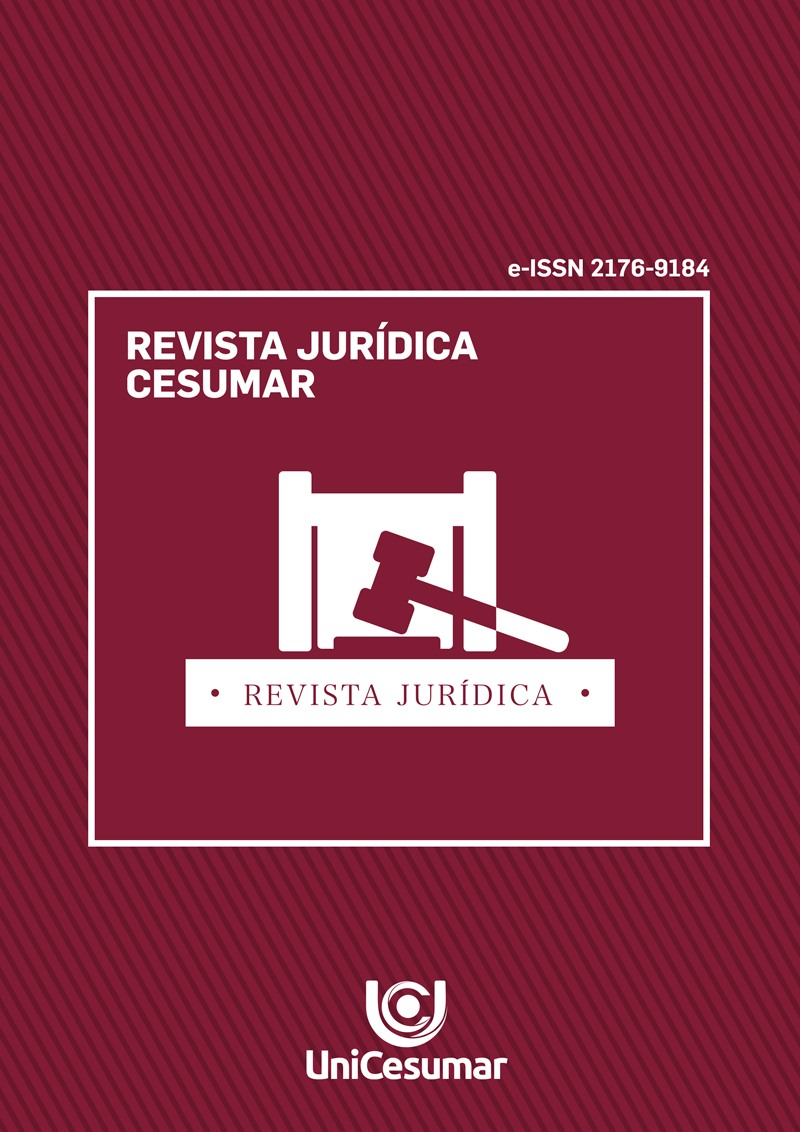Motu proprio: the reform of the canon law code and changes in the process of matrimonial nullity
DOI:
https://doi.org/10.17765/2176-9184.2024v24n3.e13096Keywords:
Motu Proprio, Matrimonial Nullity, Nullity of marriage, Ecclesiastical Tribunal, Pope FrancisAbstract
This article aims to analyze the reform of the Code of Canon Law proposed by the apostolic letter "Motu Proprio," signed by Pope Francis on August 15, 2015, the Solemnity of the Assumption of Our Lady, and published by the Vatican on September 8, 2015, the Feast of the Nativity of Our Lady: “Mitis Iudex Dominus Iesus” (Lord Jesus, gentle judge), concerning the modifications of the matrimonial nullity process. The reform seeks to make ecclesiastical court procedures more efficient for the faithful, aligning them with contemporary pastoral needs, facilitating access to and understanding of matrimonial nullity processes, and ensuring greater speed and fairness in judgments. The relevance of this study lies in contributing to a deeper understanding of the transformations in Canon Law regarding matrimonial nullity and its impact on the lives of the faithful and ecclesiastical legal practice. The analysis will be conducted using a deductive approach, based on current legislation and legal literature.
References
BRASIL. Lei nº 10.406, de 10 de janeiro de 2022. Institui o Código Civil.
BRASIL. Projeto de Lei nº 699, de 2011. Altera a Lei nº 10.406, de 10 de janeiro de 2002 (Código Civil), para dispor sobre o casamento religioso com efeitos civis e dá outras providências. Disponível em: <https://www.camara.leg.br/proposicoesWeb/prop_mostrarintegra?codteor=848554&filename=PL%20699/2011>. Acesso em 25/08/2024.
CÓDICE DE DIREITO CANÔNICO. Código de Direito Canônico. 1983. Disponível em: <https://www.vatican.va/archive/cod-iuris-canonici/portuguese/codex-iuris-canonici_po.pdf>. Acesso em 05/08/2024.
CONCÍLIO VATICANO II. História do Concílio Vaticano II. Disponível em: <https://www.vatican.va/archive/hist_councils/ii_vatican_council/index_po.htm>. Acesso em 25/07/2024.
DINIZ, Maria H. Curso de Direito Civil Brasileiro: Direito de Família. Rio de Janeiro: Grupo GEN, 2024. E-book. ISBN 9788553621453.
GONÇALVES, Carlos R. Direito civil: direito de família. (Sinopses jurídicas). Rio de Janeiro: Grupo GEN, 2024. E-book. ISBN 9786553623576.
Papa Francisco. Amoris Laetitia. Exortação Apostólica sobre o amor na família, 2016. Disponível em: <https://www.vatican.va/content/francesco/pt/apost_exhortations/documents/papa-francesco_esortazione-ap_20160319_amoris-laetitia.html>. Acesso em 05/08/2024.
Papa Francisco. Mitis Iudex Dominus Iesus. Carta Apostólica sobre a reforma do processo de nulidade matrimonial no Direito Canônico, 2015. Disponível em: <https://www.vatican.va/content/francesco/pt/motu_proprio/documents/papa-francesco-motu-proprio_20150815_mitis-iudex-dominus-iesus.html#_ftnref1>. Acesso em 20/07/2024.
Papa Francisco. Mitis et Misericors Iesus. Carta Apostólica sobre a reforma do processo de nulidade matrimonial, 2015. Disponível em: <https://www.vatican.va/content/francesco/pt/motu_proprio/documents/papa-francesco-motu-proprio_20150815_mitis-et-misericors-iesus.html>. Acesso em 20/07/2024.
RIZZARDO, Arnaldo. Direito de Família, 10ª edição. Rio de Janeiro: Grupo GEN, 2018. E-book. ISBN 9788530983062.
Downloads
Published
How to Cite
Issue
Section
License
Copyright (c) 2025 Revista Jurídica Cesumar - Mestrado

This work is licensed under a Creative Commons Attribution 4.0 International License.
A Revista se reserva o direito de efetuar, nos originais, alterações de ordem normativa, ortográfica e gramatical, com o intuito de manter o padrão culto da língua, respeitando, porém, o estilo dos autores. As opiniões emitidas pelos autores são de sua exclusiva responsabilidade.
Os direitos autorais pertencem exclusivamente aos autores. Os direitos de licenciamento utilizado pelo periódico é a licença Commons Atribuição 4.0 Internacional. São permitidos o compartilhamento (cópia e distribuição do material em qualquer meio ou formato) e adaptação (remixar, transformar, e criar a partir do trabalho, mesmo para fins comerciais), desde que lhe atribuam o devido crédito pela criação original.

















